Science Diplomacy and the Rise of Technopoles

web articles
Send us a link

A dearth of local scientists is holding back research on the world’s second largest rainforest.
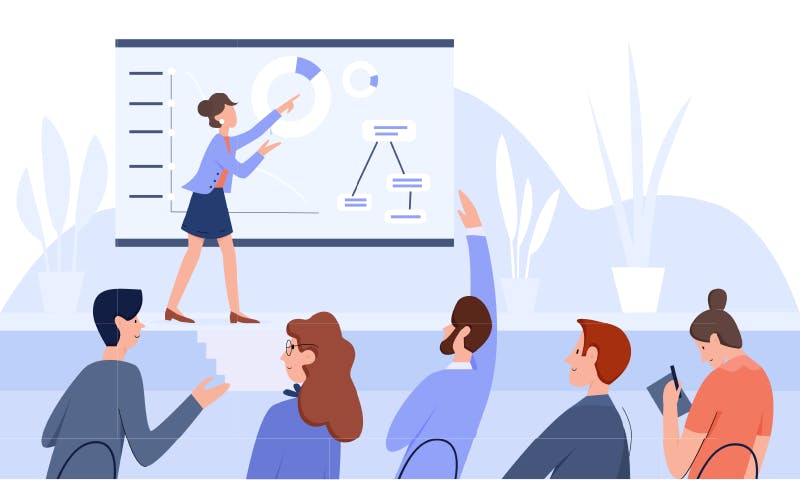

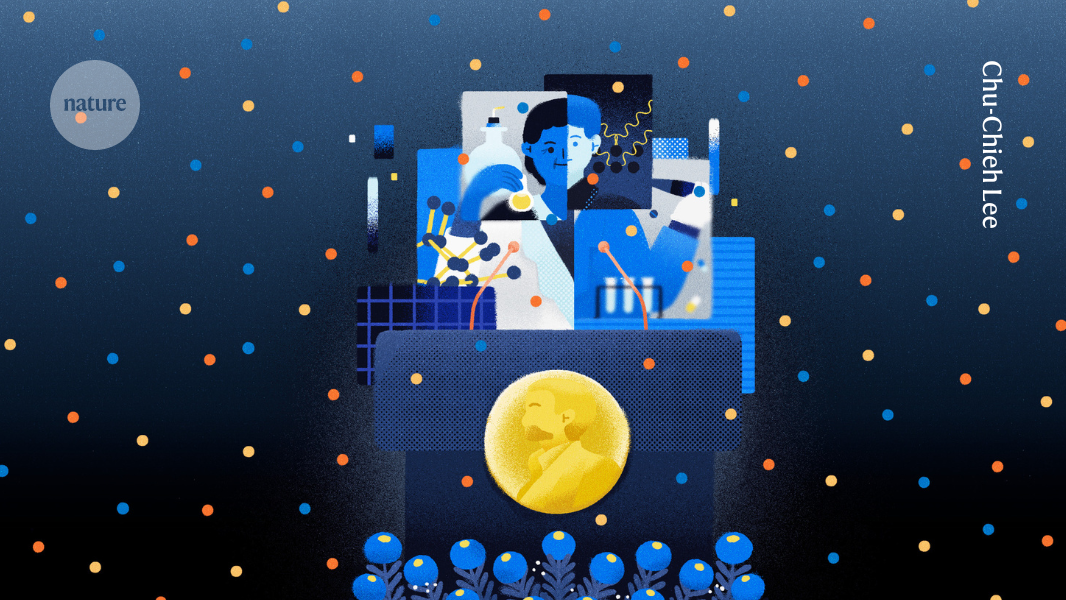
More interdisciplinary research may have greater relevance and be more heavily cited in policy documents.

There remain misconceptions and blindspots in the debate around diamond open access publishing. A realistic assessment of the sustainability this approach needs an agnostic assessment of its total costs and viability as a business model.
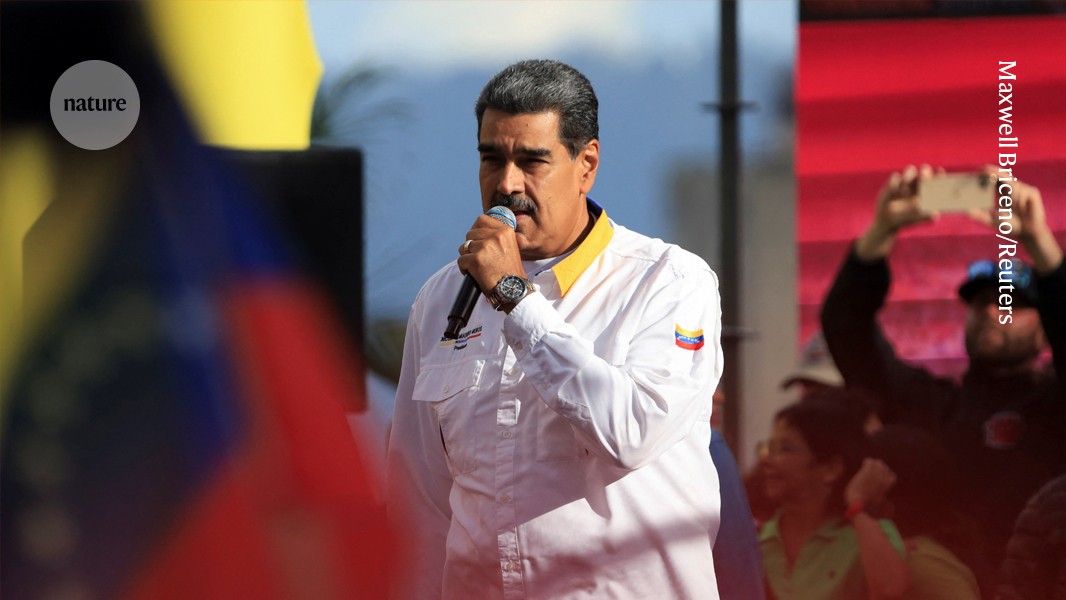
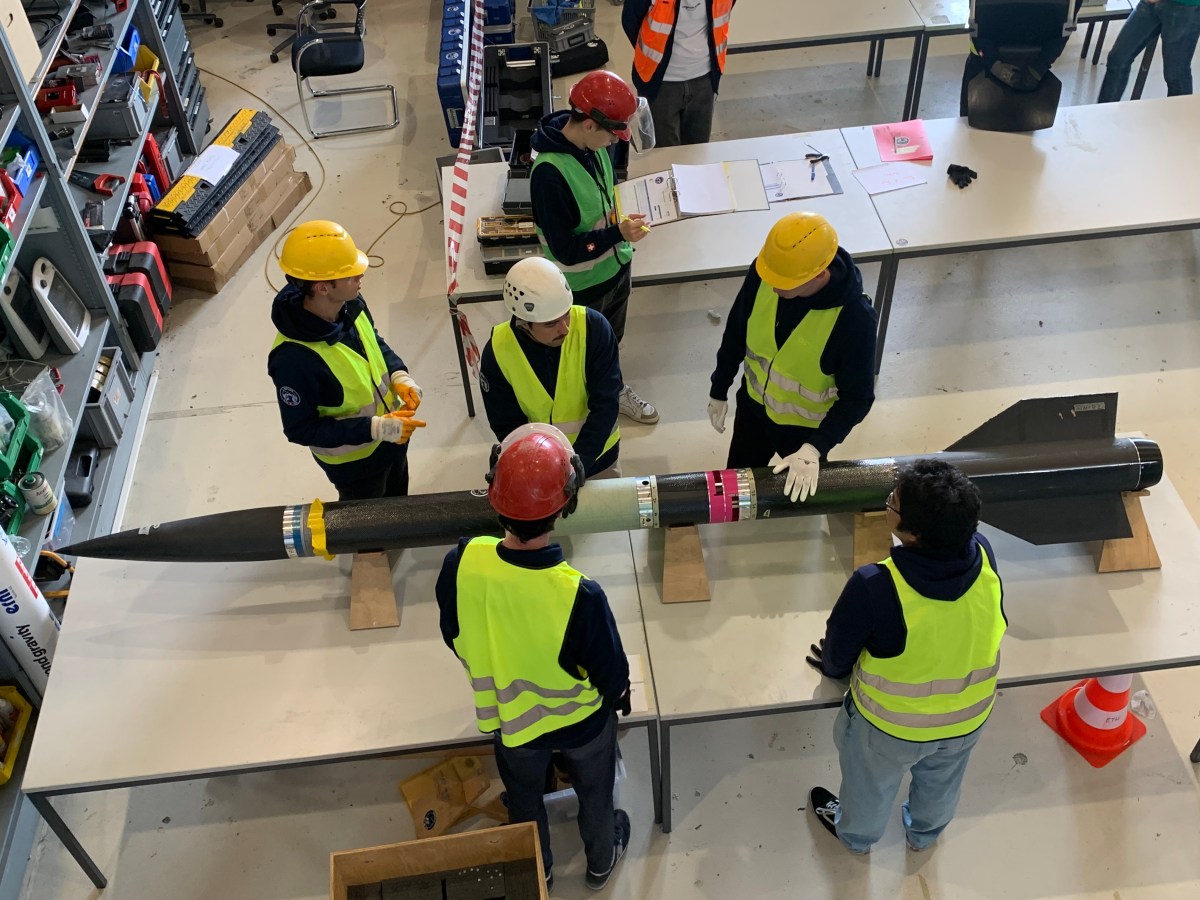
Well ahead of a proposal by the European Commission for the next framework programme for research member states are haggling between "the friends of excellence" and countries with less-well developed research systems.
Embracing uncertainty could improve peer review processes.

The Research Excellence Framework is primarily a mechanism for assessing the quality of research and allocating research funding. However, REF outputs and in particularly impact case studies hold value for many actors outside of higher education institutions.
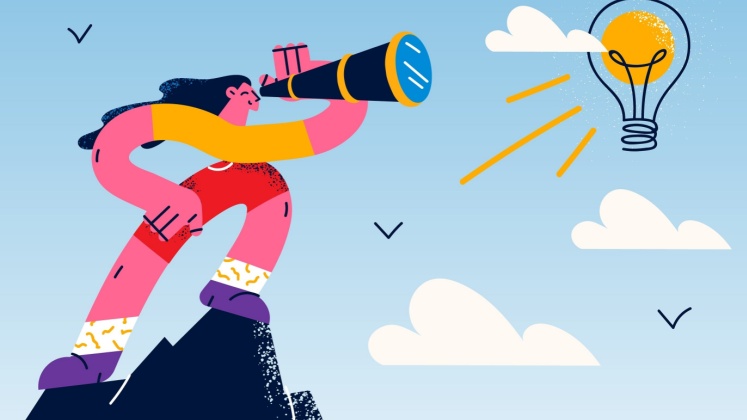


To distance its science education systems from centurieslong British colonialism, India is leaning into its history and traditions—but at what cost?

Drawing on a review of the published research into the societal impact of open science, Nicki Lisa Cole and colleagues find considerable evidence for the benefits of citizen science, but a much thinner evidence base for the impact of other aspects of open science. Their findings suggest that there is a greater need to consider how these impacts are monitored, and an opportunity to address open science as an inclusive practice, rather than simply a method of opening scientific outputs.
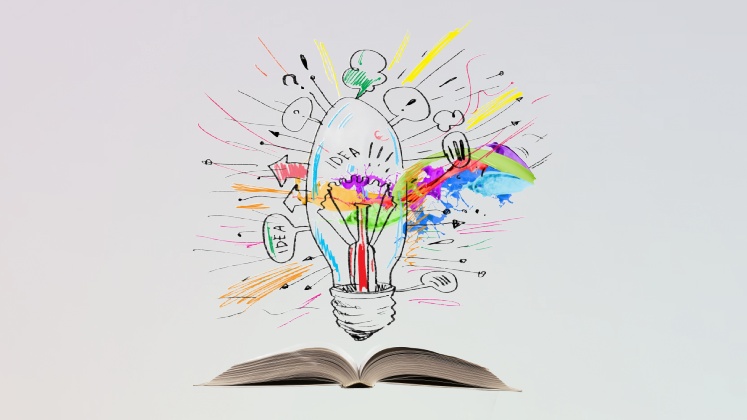
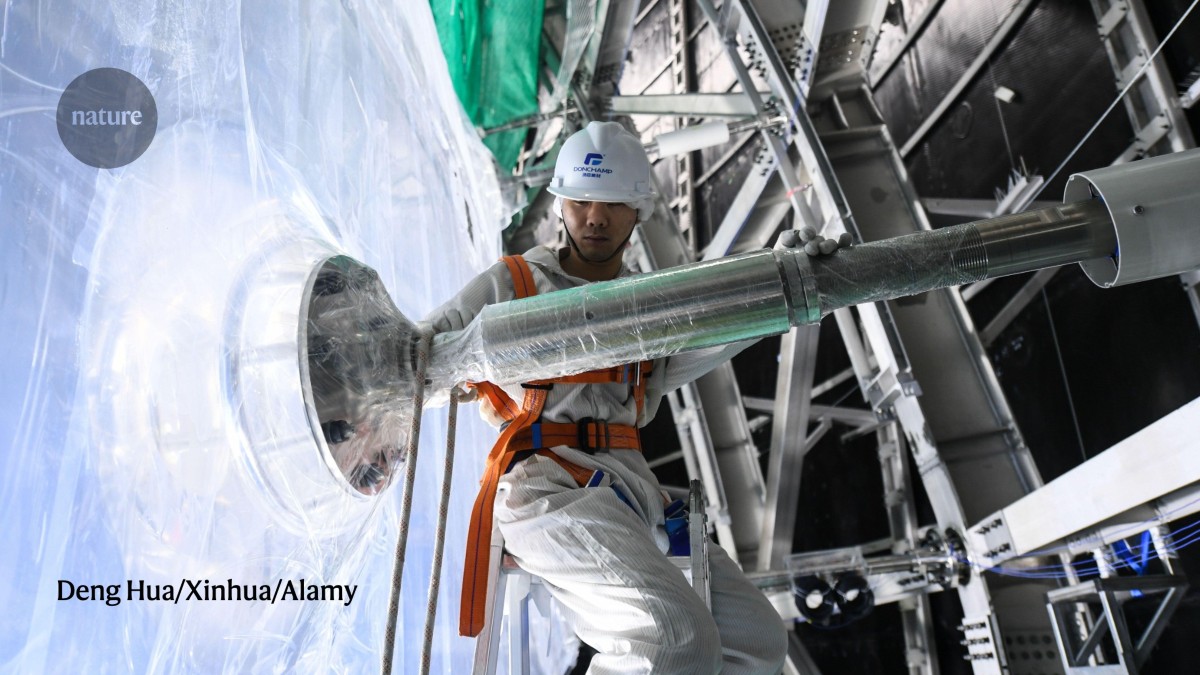

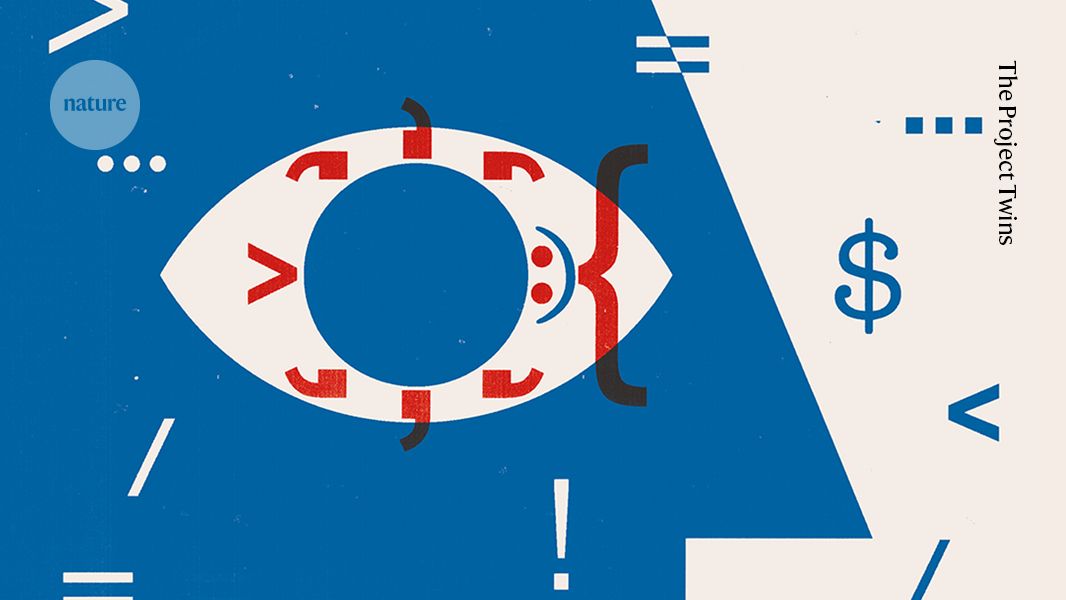
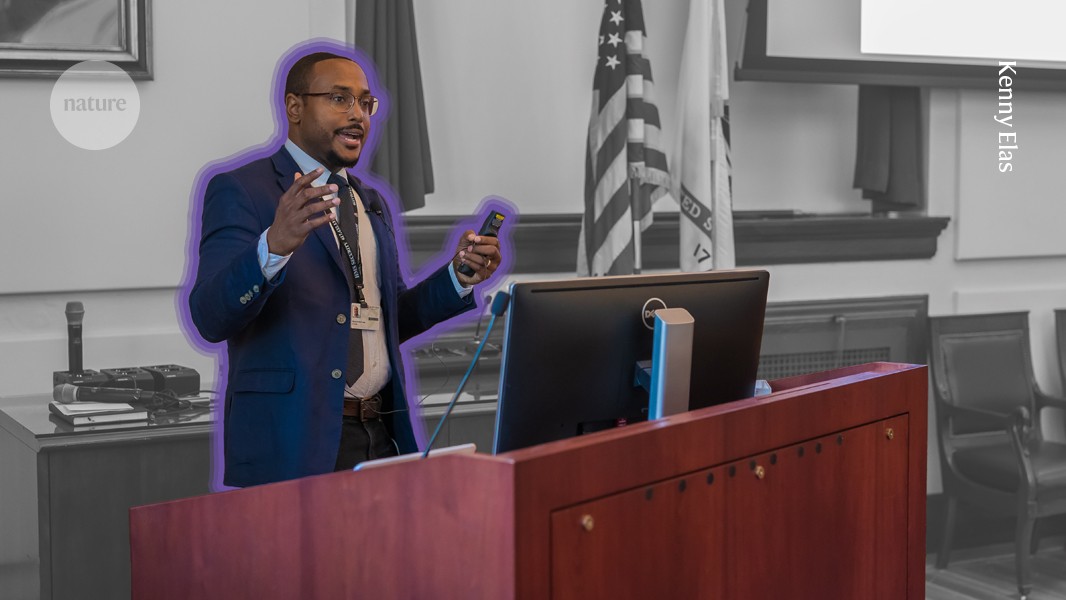
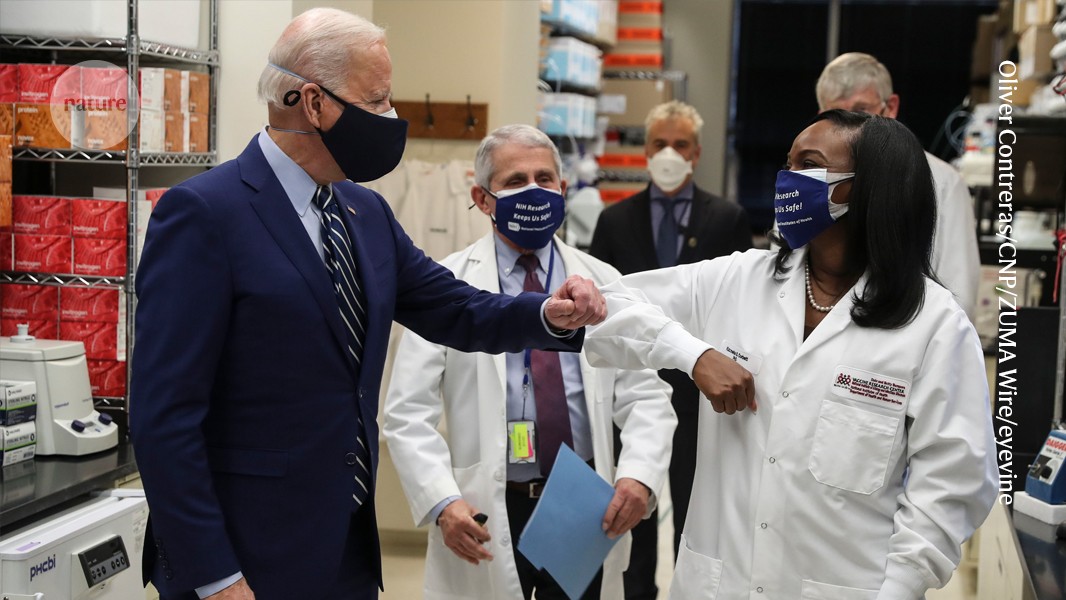
The scientific enterprise both fueled, and was fueled by, the colonial one. Today, the smudged fingerprints of colonization still linger on the scientific enterprise.

Discussions around global equity and justice in science typically emphasize the lack of diversity in the editorial boards of scientific journals, inequities in authorship, “parachute research,” dominance of the English language, or scientific awards garnered predominantly by Global North scientists. These inequities are pervasive and must be redressed. But there is a bigger problem. The legacy of colonialism in scientific research includes an intellectual property system that favors Global North countries and the big corporations they support. This unfairness shows up in who gets access to the fruits of science and raises the question of who science is designed to serve or save.
